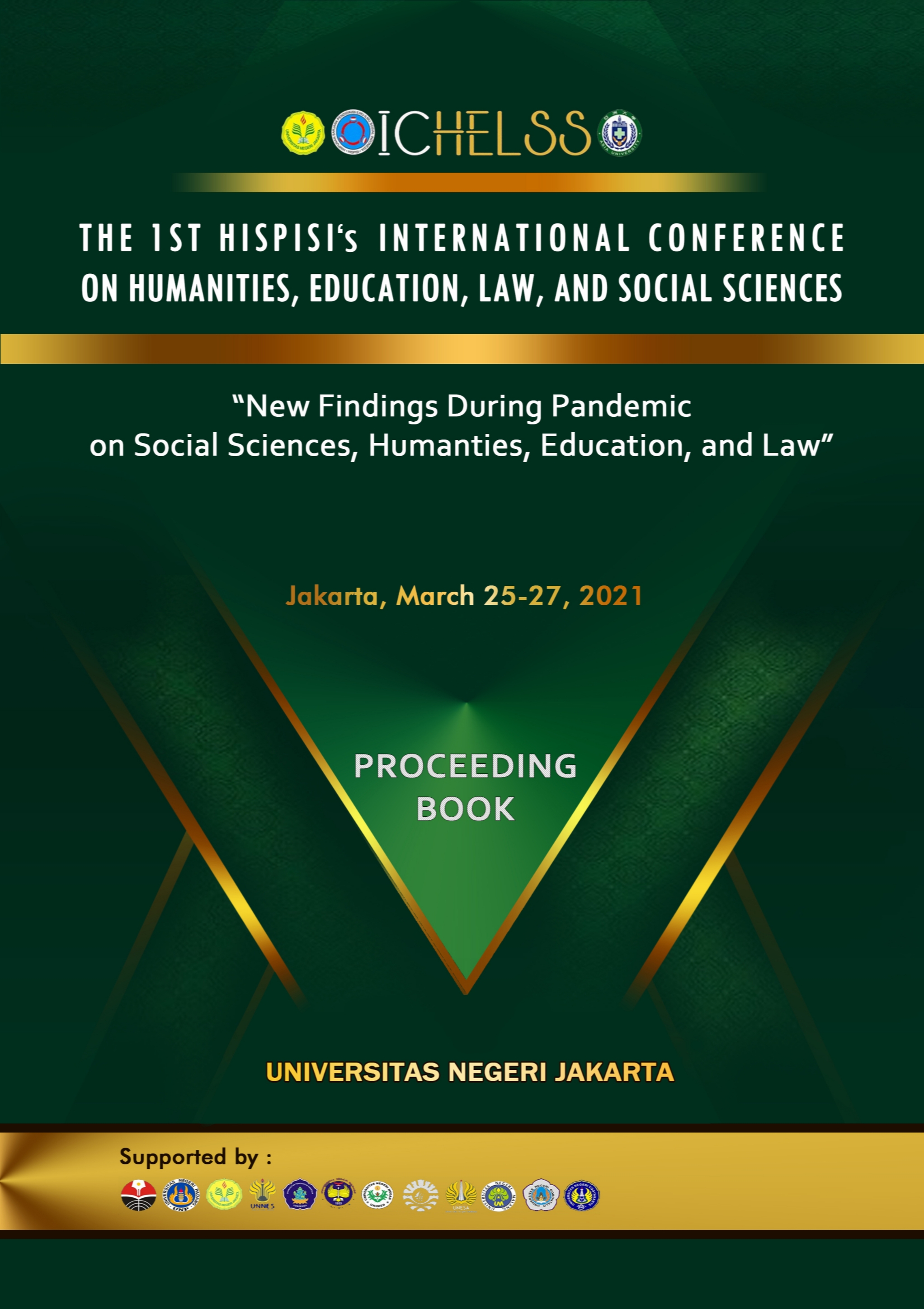The Phenomenon of Radicalism in Indonesia and Efforts to Strengthen Its Prevention through Presidential Regulation No. 7 of 2021
Abstract
Currently, the teachings of radicalism are increasingly on the
rise in the midst of the dynamics of people's lives. This is the era of post
truth. An era where people trust their own views more and don't want to
accept the real facts. By using access to telecommunications such as the
internet, radical ideas can be spread from one part of the world to another
in seconds. The perpetrators of the suicide bombing at the Makassar
cathedral church on Sunday, March 28, 2021 were a young married
couple. Likewise, Zakiah Aini, 25 years old, a terrorist at the Indonesian
National Police Headquarters, March 31, 2021. They are young people
products of radicalism in the internet world. Presidential Regulation
number 7 of 2021 concerning the National Action Plan for Prevention of
Extremism (NAP PE) is a government policy containing action plans to
tackle extremism. One of the points of concern is the role of community
policing. The NAP PE will conduct community policing training to
support efforts to prevent violent extremism that leads to terrorism. The
strategy of involving the community in preventing extremism is a very
appropriate strategy, because the government cannot be alone in
preventing and dealing with extremism.
Keywords: Radicalism, Post-Truth, Preventing Extremism, NAP-PE


